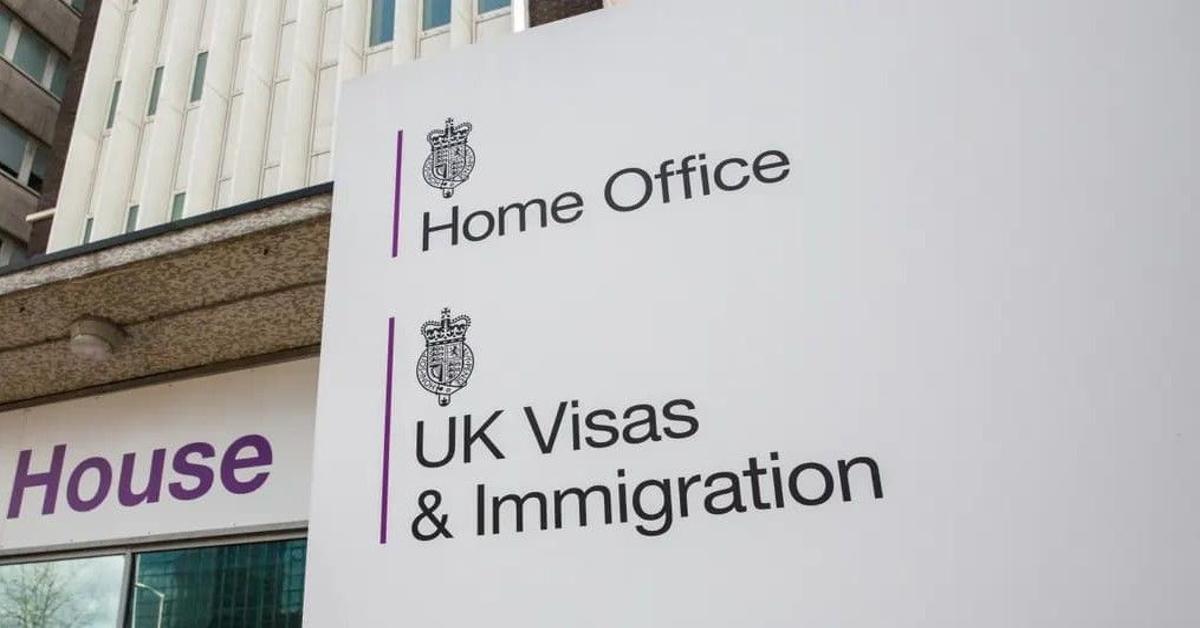
A recent study by a coalition of universities and charities reveals that strict visa conditions introduced in the U.K. post-Brexit significantly heighten the risk of modern slavery, exploitation of migrant workers
A recent study has highlighted the heightened risk of modern slavery and exploitation faced by migrant workers in the United Kingdom following Brexit.
The research was conducted by a coalition of top universities and charities and pinpoints specific visas as the root cause of this vulnerability.
In the wake of Brexit, Britain introduced agricultural and care visas to address labor shortages.
These visas come with strict conditions and time limits, inadvertently increasing the vulnerability of workers to exploitation, a phenomenon researchers term "hyper-precarity."
Workers on these visas struggle with debt and wage deductions due to illegal recruitment fees and other expenses like travel, training, and accommodation.
Deception by intermediaries exacerbates the situation. Migrant workers are often misled about the conditions and duration of their employment. The study also reveals that the fear of immigration enforcement prevents these workers from reporting mistreatment, thus perpetuating the cycle of abuse.
Dr. Inga Thiemann from the University of Leicester, who led the study, expressed deep concern about the high risk of labor exploitation and debt bondage under these visas. "Brexit has made workers more vulnerable," Thiemann said to the Guardian. She emphasized the need for policies that allow easier job transitions for these workers to reduce their vulnerability.
A striking example of this predicament is a Filipino care worker who migrated under a care worker visa in 2022. He shared his ordeal of working 12-hour shifts without breaks for minimum wage, while struggling with mounting debts and unclear fees charged by agents. The worker's expectation of provided accommodation was unmet, leading to significant financial strain for him and his family.
The former chief inspector of borders and immigration, David Neal, also criticized the Home Office's approach to these visas. He stated in his foreword that the Home Office applied a visa model meant for highly skilled workers to a high-risk sector, leading to inadequate control measures. Neal pointed out that there is only one compliance officer for every 1,600 employers licensed to sponsor migrant workers.
Despite evidence of exploitation, the Home Office continues to expand the seasonal worker visa scheme. However, a spokesperson for the Home Office defended their stance, stating, "We do not tolerate illegal activity in the labor market and will always take decisive action where we believe abusive practices are taking place."
Source: Newsroom